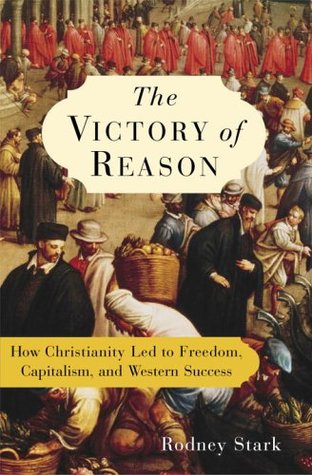With the full backing of the local ruler in return for regular permission fees, the merchant weavers’ guilds in the various towns and cities operated as repressive cartels, narrowly restricting the entire industry and able to impose truly severe punishment on nonconformists. For example, anyone found to have varied the formula for a popular scarlet dye could be “condemned to the crushing fine of £105 or, failing payment, to the loss of his right hand.”2
Welcome back. Just a moment while we sign you in to your Goodreads account.


